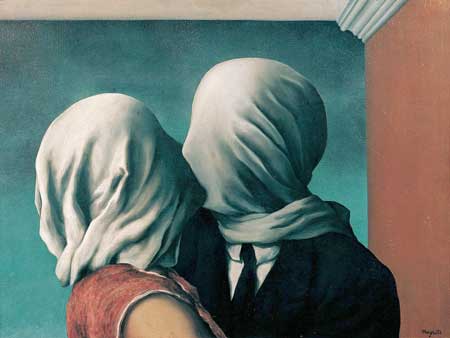Play
by Reto Finger
Translated by Lily Sykes
Directed by Guy Ben-Aharon
Bridge Repertory Theater
Studio Theater at Central Square Theater
Central Square, Cambridge, MA
United States Premiere
August 4-20, 2016
Scenic and Lighting Design: Larry Sousa
Sound Design: David Reiffel
With Esme Allen (Charlotte), Jeremy Browne (Victor), Bridgette Hayes (Ingrid), Ed Hoopman (Johann), Omar Robinson (Robert)

The story, on the surface, is routine. Charlotte (Esme Allen) has been with Robert (Omar Robinson) for seven years, but that doesn’t stop her from breaking up with him at a moment’s notice. She’s taken up with Victor (Jeremy Browne), who says he’s a film reviewer, but it’s worse than that.
In response, Robert moves to the basement and stays there. That gesture forms the underlying weirdness of this funny little, but strangely compelling, absurdist drama. Other intrigues follow, but Robert remains steadfastly in the basement. It’s weird, but intriguing.
The cast of this production is so good and the direction by Guy Ben-Aharon (also the artistic director of the Israeli Stage) is so well done that the tidbits of character and plot that one gets from the actual writing are filled out into a complete, though strange, landscape of identities and interactions. Every gesture, as rendered in this carefully wrought production, seems to have import, thanks to the care and forthrightness with which actors and director take up the responsibility of conveying the offbeat, but poetic, character of the script.

The play is very short – less than an hour – and almost more like a one-act than a full-length play, but its existential weightiness of a certain sort carries through as though it were a full-length play. One properly should regard this as a kind of performance piece with dramatic overtones and is probably best seen as a kind of theatrical oratorio rather than a full-tilt play. But that is true, as well, of some of the twentieth century’s most revered absurdist works. Beckett and Pinter, notably, are those playwrights who bring focal metaphors into their plays in ways that suffuse whatever drama is there with something at once philosophically unsettling and seductive.
Amid all of the routine and expected twists – Charlotte leaving Robert, going with Victor, then engaging with Ingrid and Johann in various complicated ways – is thematically no different from a soap opera. That’s not where the interest lies here. Quite correctly director Ben-Aharon and his cast have seen that the vacant echoes of the soap-opera-like lines, with the held fixed gaze, yield, as do the held lines and silences in Pinter, the key to the underlying strangeness which transforms this production from what might easily be a bauble to something bizarrely mythical.
The entire ensemble functions beautifully together.
As Charlotte, Esme Allen conveys both seductiveness and a deer-in-the-headlights confusion. She manages to be both a typically ephemeral millennial and the latter-day echo of a Stepford wife in one fell swoop. Her facial morphings are priceless in this regard and signal in the midst of the seemingly ordinary goings on the psychological climate change rumbling beneath.
Omar Robinson as Robert offers a wonderful solidity in the role of the basement dwelling cuckold, and gives enormous dignity to the part. He is the moral ballast of the play and he provides that sense both with ennobled verbal declarations and with a quietly resolute demeanor that holds in the spaces between.
As the “other” guys, as as foils and sleazebags, Jeremy Browne (Victor) and Ed Hoopman (Johann) are effectively slimy, but in a way that fits in with the narrative.
As the relationship-starved friend who adds to the complexities, Bridgette Hayes (Ingrid) is vividly vulnerable.

Interestingly, all the actors convey a sense of real engagement with the absurdist atmosphere and fill out their roles with gusto and theatrical appeal. That conveyance makes the production seem ennobled rather than a mere recounting of a weird little piece of absurdist theater.
The music put together by Sound Designer David Reiffel and director Ben-Aharon is wonderful – poignant Mahler among numerous other riveting selections – rises up mid-stream and conveys a sense of the pathos underlying the prevailing absurdity.
The set, designed by Larry Sousa, that houses an array of photographs and establishes a sense of the downstairs space that Robert inhabits is simple but effective.
Overall, this is a, small, beautifully acted and directed, absurdist gem.
– BADMan
Leave a Reply